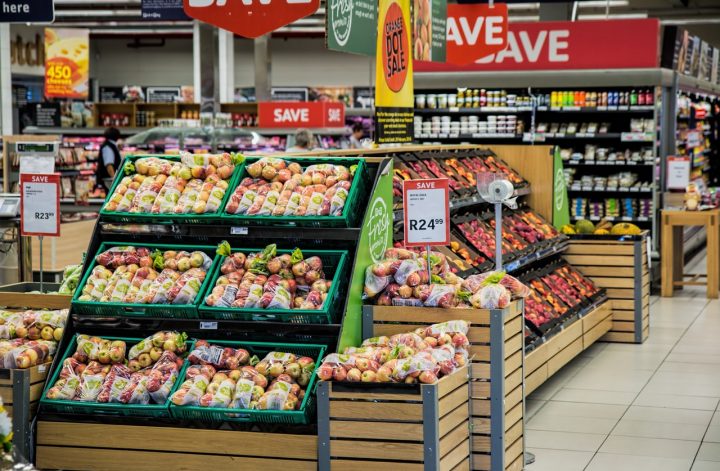Now that business leaders in the retail industry have the opportunity to run a successful brand both online and offline, so do the opportunities for long-term growth and expansion arise in ever greater numbers. However, with greater success comes great responsibility, meaning that maintaining a competitive retail business becomes more cumbersome, costly, and riskier than ever before. In order to scale a retail company accordingly and ensure a steady and cost-effective rise to prominence, it’s important that you integrate a digital operations platform that will help you manage every aspect of your brand.
This technology might have been considered clunky and unreliable a decade ago, but nowadays it can help you truly revolutionize your company and optimize every process, ranging from sales to HR, from inventory management to sales channels, and more. ERP systems are now becoming commonplace in the retail sector, but if you’re still unsure whether you should make the switch from your legacy systems, here are the five essential benefits that this technology can bring to your company.
Real-time data tracking and analysis
Staying on top of the latest trends in the industry should be one of your priorities, but staying on top of all relevant business plan and data in real-time should be your key objective, simply because the best business decisions are based on timely, relevant, and verifiable information. However, the more you grow your company in the online and offline realms, the more data you have on your hands, and the more difficult it becomes to collect and collate all of that information into actionable reports – not to mention the time it takes to implement changes and adapt your processes to boost your competitive advantage.
As your company grows, you need to focus more on data synchronization on all platforms where your brand has a presence, as this will prevent errors in your sales cycle and it will prevent people from taking advantage of mismatched information on different platforms across the web, for example. A well-optimized ERP system will help you keep all information in check and prevent human error.
Better inventory management
Successful online and offline retail is about carefully managing your inventory and keeping it synchronized with your sales channels (more about sales channels in a bit) in order to prevent order and shipping errors, setbacks, and keep customer satisfaction high. After all, you can expect your customers to be somewhat displeased if they find out that they won’t be receiving their order due to an error in your inventory information – for example, when one of the products is said to be in stock on your website, but in fact the last unit was sold earlier that day.
This is a common problem for retail companies that are experiencing rapid growth and are unable to keep up with the amount of product they’re moving, which is why inventory management should be your top priority. Using a dedicated ERP system will allow you to manage every aspect of your inventory in real-time and across multiple channels, meaning that you will always know exactly how many units you have available.

Managing multiple sales channels
Modern retail thrives on not one, but two or more sales channels. If you are still selling your products solely through your physical store, or if you are only selling on your website without capitalizing on social media sales, then you are wasting your company’s potential and jeopardizing your place in the competitive market. Take the manufacturing industry as a prime example of the need for this type of digital transformation.
In the manufacturing sector, business leaders are rapidly integrating dedicated manufacturing software like ERPAG that provides complete business management features across all relevant departments, ranging from parts procurement and inventory management to the optimization of multiple sales channels and their adaptation to the target demographic and the platform they occupy. No matter if you’re in manufacturing or if you’re running a typical retail store, it’s imperative that you find a dedicated ERP solution that will allow you to make sales more cost-effective and efficient.
Elevating customer management
Every growth-oriented retail business needs to have a comprehensive CRM system in place in order to manage their customers efficiently and effectively, and devise a strategy to achieve better customer satisfaction over the long term. The best ERP systems on the market will have numerous CRM features that will help you generate quality leads and convert them into paying customers, and most importantly, help you capitalize on repeat business and WOM.
Automating sales and payment features
And finally, having a good POS system in place can help you save money and minimize extraneous financial expenditure over the long term, which is a feature that modern ERP systems bring to the table. Now that ERP solutions have integrated POS systems, you can easily manage sales and customers while eliminating human error and reducing customer effort to boot.
Wrapping up
As the retail industry continues to grow, so does the need to implement better systems and innovative solutions in order to scale business growth and ensure efficiency across the board. With these benefits of ERP systems in mind, go ahead and implement a dedicated ERP solution yourself in order to take your company forward as a whole.




